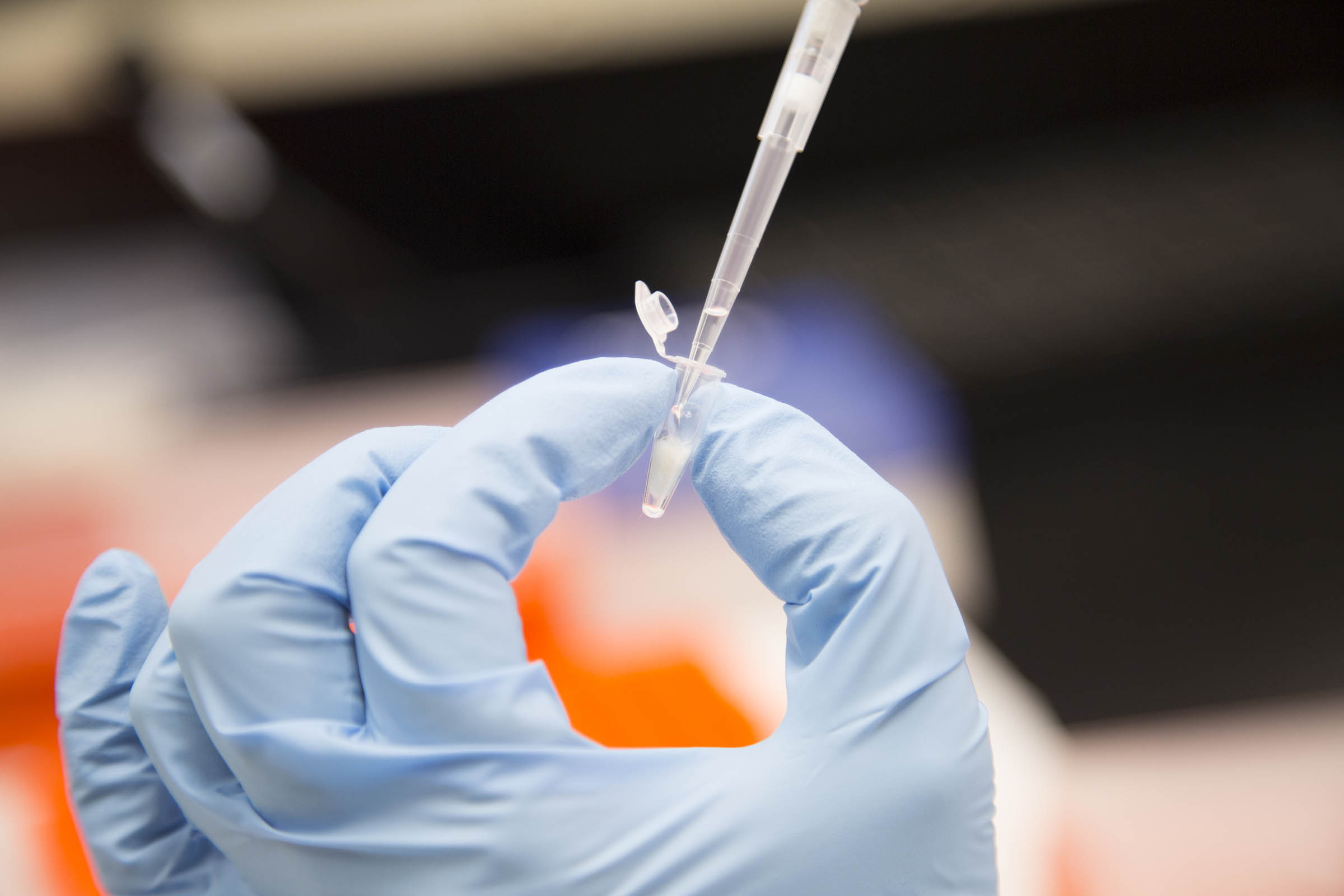
Markets, Product Trends | By: Pamela Mills-Senn
”Any volume of fiber can be tagged,” says MeiLin Wan of Applied DNA Sciences. “For example, if 20 million pounds of cotton need to be tagged at a particular gin or spinner, we can provide the automated CertainT® tagging system to achieve this. We have tagged hundreds of millions of pounds of cotton at multiple gins in different countries.”
Supply chain traceability is increasingly important to hold various entities, such as brands and product manufacturers, accountable for the claims they make.
This pressure isn’t just coming from governments in the European Union, the U.S. and other countries that have enacted legislation and regulations around forced labor/unethical practices, explains MeiLin Wan of Applied DNA Sciences Inc. It’s also being driven by media and consumer scrutiny, particularly as it concerns sustainability and false or misleading environmental claims around a product, or greenwashing.
Wan — vice president, textile sales for Applied DNA Sciences, a Stony Brook, N.Y., company facilitating supply chain transparency and sustainable processes — says that brands and their manufacturing partners are increasingly expected to prove their products and the supply chain are “compliant from source to shelf.”
